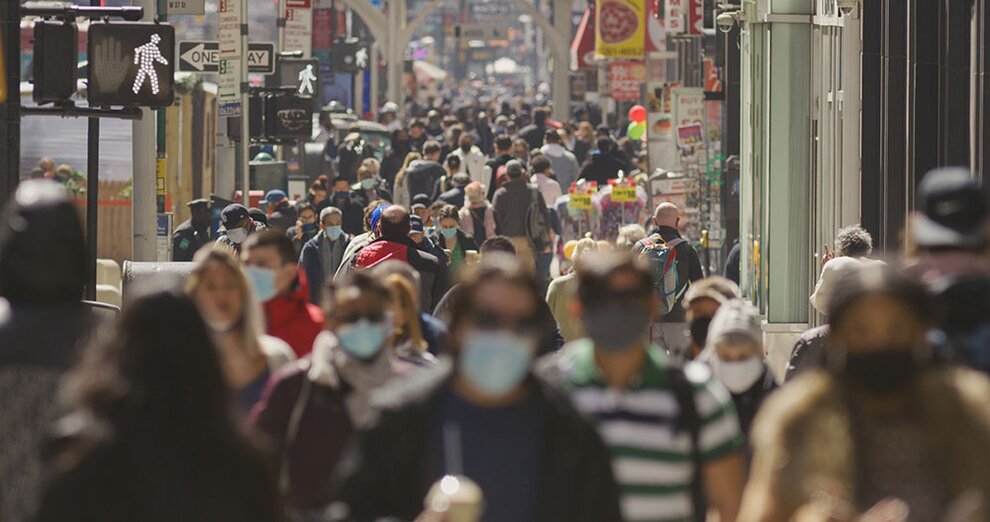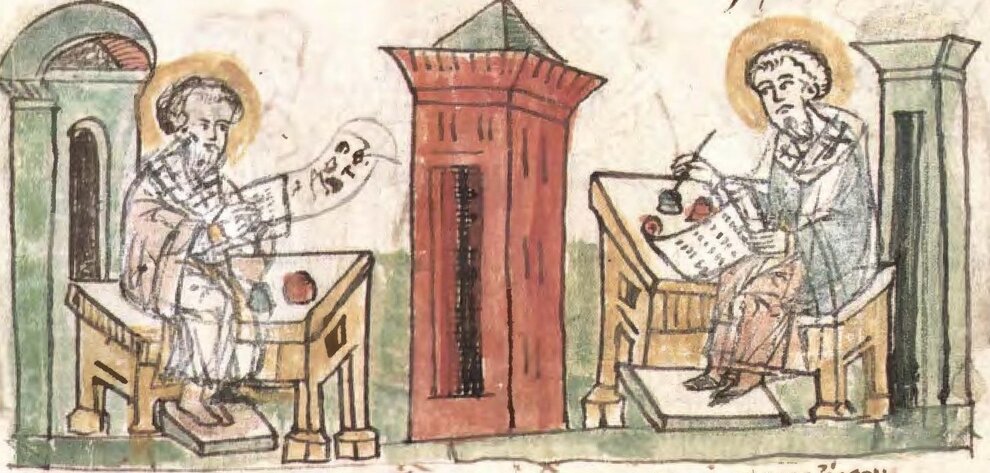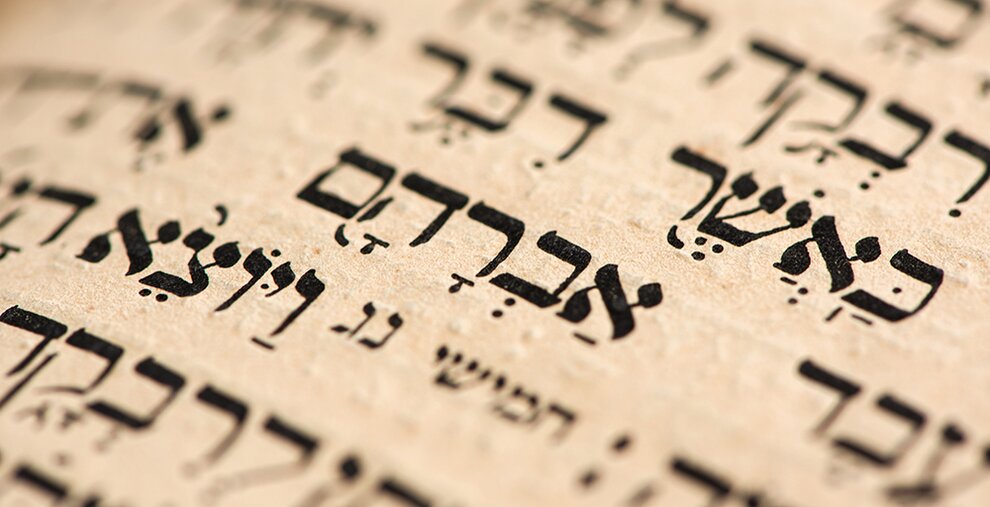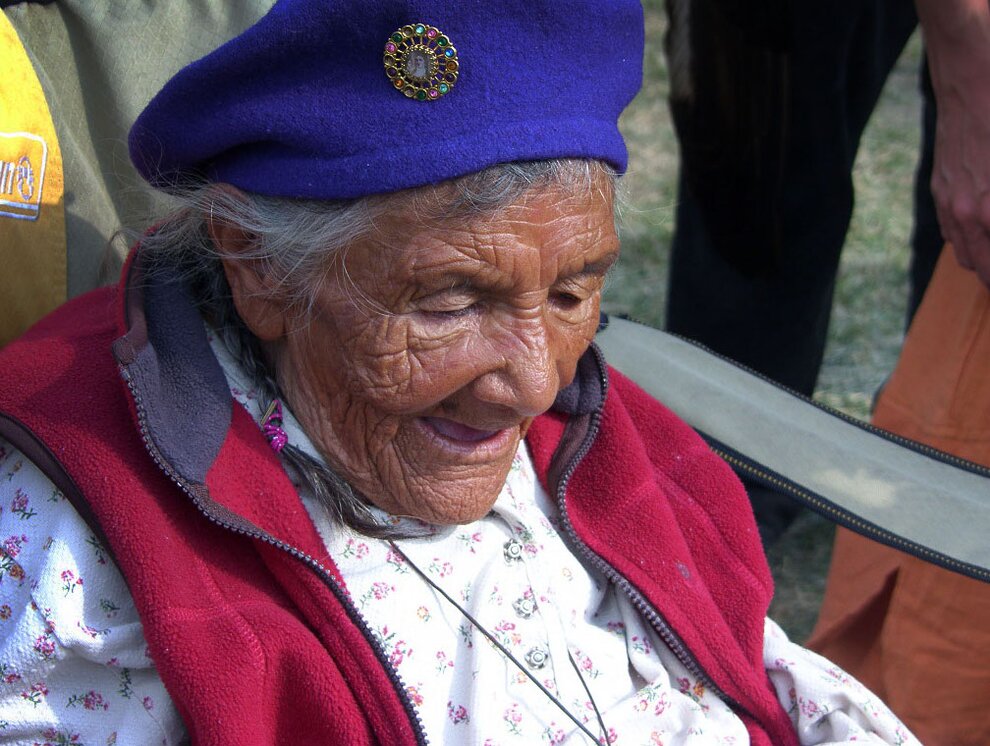Why Reforming Islam to Fight Violent Radicalization is a Bad Idea
"Political participation in its “extreme” Middle Eastern context" webinar | Thursday, November 18th 2021
Thursday
18
November
2021
5:00 pm
6:30 pm

Published at 18 November 2021





